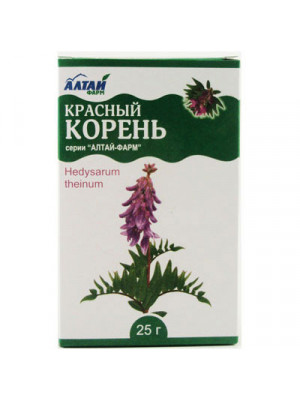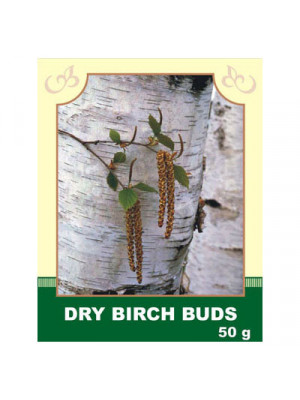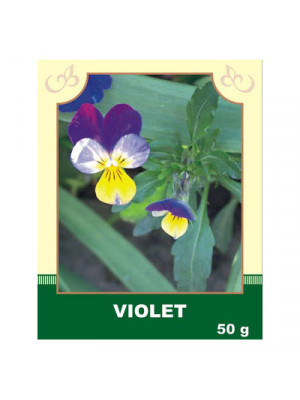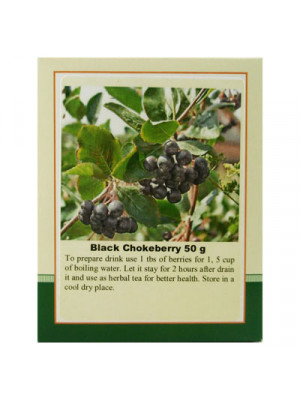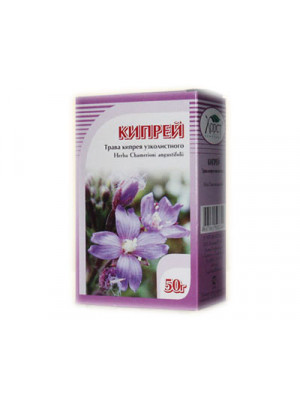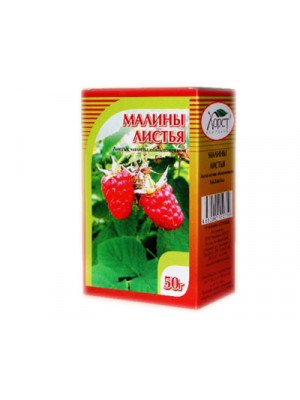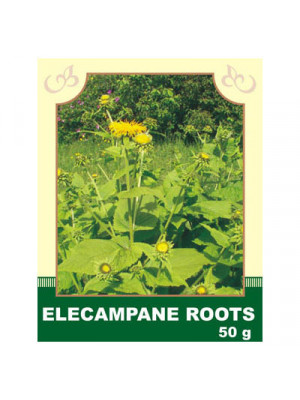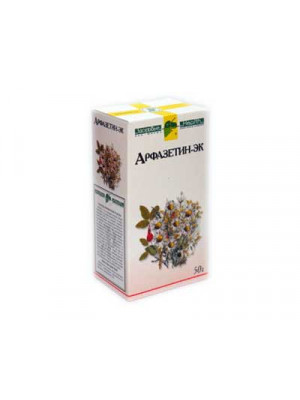Dry Herbs & Berries
If you like to use a lot of dry herbs and berries to create teas, wellness pads and an assortment of other items for well-being, our dry herbs and berries can provide you with a quick way to do it on your own. Each packet contains the herbs or berries of your choice that were freshly grown, chopped up and dried to perfection. Every herb and berries packet is 100% natural, with no artificial preservatives or added fillers. You're able to create a tasty blend with all that is provided from our large selection.
- Red root supports the urinary tract in inflammation of the prostate and prostate adenoma. Improves blood circulation and decongests in the prostate. Restored male sexual activity, solves the problem of impotence. It strengthens and restores the capillary walls, remove heavy metals and neutralizes free radicals. Therefore, red root used in the treatment and prevention of diseases such as tumors, leukemia, prostate, fibroids, infertility.$8.99
Internally, birch kidneys are used in the form of infusions as a diuretic, most effective for edema of cardiac origin. The infusion of birch kidneys also has a choleretic effect, and it helps with stomach spasms, insomnia, fatigue, and the severe course of menopause.
Method of application and dosage: Decoction - 10 g of kidneys are boiled in 200-250 ml of water for half an hour, and after cooling, the decoction is strained. Take the decoction 3 or 4 times a day, 1/4 cup each time. Tincture: 10 g of kidneys are poured with 100 ml of vodka, infused for one to two weeks in a dark place, and then strained. Internally, take the tincture in 30-40 drops several times a day, or use externally for rubbing.
Externally, for baths, compresses, and steaming in rheumatism, gout, joint pain, and acne.
Contraindications: Individual intolerance, during pregnancy, in inflammatory kidney diseases.
$9.99Internally: Violet tricolor is used as a means to stimulate kidney activity, diuretic, diaphoretic, and blood-purifying; tea from violet tricolor herb is consumed for rheumatism, rickets, lung diseases, gout, and osteoarthritis, as well as for joint rheumatism. Additionally, it is taken for cold cough and as an expectorant.
Method of application and doses: 1 tablespoon is poured with 200 ml of hot boiling water, heated in a boiling water bath for 15 minutes, cooled at room temperature for 45 minutes, strained. Take 1/2 cup 3-4 times a day before meals.
Externally: Used as mouthwash for inflammations of the upper respiratory tract and for compresses on wounds.
Contraindications: Individual intolerance.
$4.80Internally: Blackcurrant enhances immunity, has a general strengthening effect, helps strengthen blood vessel walls, increases their elasticity and firmness; has a favorable effect on the endocrine system; contributes to lowering blood pressure and blood sugar levels.
Method of application and dosage: In 1 liter of boiling water, add 100 g of dried berries and simmer for 10 minutes. Remove from heat, cover with a lid, infuse for 20 minutes. Squeeze through cheesecloth. Drink 3 times a day, half a glass each time. For colds, take 3 tablespoons of dried berries, pour boiling water (1 liter), infuse for 3 hours. Strain, pour into a glass, mix with a tablespoon of honey. Drink throughout the day.
Contraindications: In case of frequent constipation, peptic ulcer disease, gastritis with high acidity, hypotension, thrombophlebitis, and increased blood clotting.
$6.99- The properties of Marshmallow are anti-inflammatory and coating. Marshmallow also helps to boost the immunity at cellular level. Marshmallow is used internally to treat inflammation and ulceration of the digestive tract, oral and pharyngeal mucosa with associated dry cough. It relieves irritation of the mucus membranes of the mouth, throat and gastrointestinal tract and helps with respiratory complaints including bronchitis and asthma. The polysaccharides form a protective film over inflamed and irritated mucosal tissue. Marsh Mallow Root is often used for eyes inflammations as a wash.$6.99
Internally, it is taken as an expectorant for upper respiratory tract diseases; as an effective remedy for treating bronchial asthma, anemia, cystitis, dysmenorrhea, and chronic rheumatism; as a diuretic for edema of cardiac and renal origin.
Method of application and dosage: Steep 3 teaspoons of crushed dry inflorescences in 250 ml of boiling water, infuse for 1 hour. Strain and take 1/4 cup 4 times a day 20 minutes before meals. To prepare the tincture, take 40 g of dry inflorescences and pour 500 ml of 40% vodka. Infuse for 10 days in a dark place, strain, and take 20 ml before lunch or bedtime.
Externally, meadow clover is applied as poultices, decoctions, and infusions for abscesses, burns, and joint pain.
Contraindications: individual intolerance and high blood pressure.
$7.99- The roots and leaves have demulcent, tonic and astringent properties and are used in domestic medicine in decoction, infusion and cataplasm, as astringents. The root contains mucilage, tannin, starch, sugar, resin, and a crystalline calcium salt. The young shoots are boiled and eaten like asparagus.$7.99
- The leaves of the raspberry plant have been used as a medicinal herb for centuries. The use of this herb dates back to the sixth century and its benefits in childbirth have been recorded as a proven aid in maternity in the most ancient of herbal books. The leaves contain high concentrations of several vitamins and minerals. Vitamin C and vitamin E are present in large amounts as well as Vitamin A and some B Complex. Increased Vitamin A intake in the form of the carotenoids of red raspberry leaf can aid the women immune system as well as facilitate healthy skin and bone development for the baby. Vitamin E serves to promote better circulation in the mother who is dramatically increasing her blood volume during pregnancy. The Red raspberry leaf also contains many essential minerals such as phosphorus, potassium, and an easily assimilated form of calcium. Raspberry leaf tea also acts as an astringent on irritated skin.$5.99
Orally, it is taken for gastrointestinal and rheumatic diseases; as an expectorant for suffocation, bronchitis; as an anthelmintic, cholagogue, diuretic, and hemostatic.
Method of application and dosage: Finely chopped raw material (20 g) is poured with 200 ml of water, heated on a boiling water bath for 30 minutes, cooled for 10 minutes, strained, and boiled water is added to the original volume. Take 1 tablespoon 3 times a day.
Tincture: 50 g of elecampane roots are infused in 0.5 liters of vodka, infused for 14 days in a dark place. Take 1 tablespoon 3 times a day 30 minutes before meals. This tincture can also be used to rub joints and make warming compresses.
Externally, in the form of baths, it is applied for hemorrhoidal nodes and rectum. It is also used for gargling (in acute and chronic pharyngitis). Finely chopped raw material (50 g) is poured with 100 ml of water, boiled for 20 minutes, and strained. The resulting decoction is mixed with 50 g of vaseline. Used for application to affected areas of the skin (for poorly healing wounds).
Contraindications: individual intolerance, pregnancy, lactation, and for people with kidney and heart diseases.
$6.99- Infusion of the collection Arfazetin has a hypoglycemic effect and is used to treat diabetes mild and severe, both independently and in combination with derivatives of sulfonylurea drugs and insulin.$7.99


